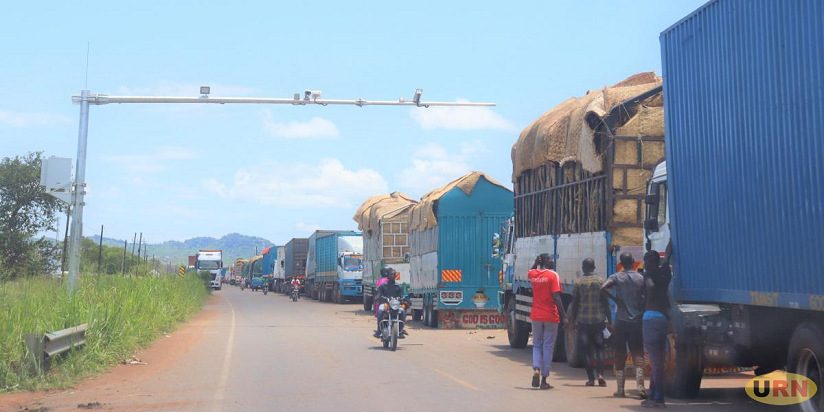Parliament has passed the Cotton Development (Amendment) Bill, 2024, thus approving the proposal to abolish the Cotton Development Organisation and have its functions mainstreamed into the Ministry of Agriculture, Animal Industry & Fisheries (MAAIF).
Frank Tumwebaze, the Minister of Agriculture defended the mainstreaming and rationalization of the functions of Cotton Development Organisation into MAAIF, arguing that the move will facilitate efficient and effective service delivery as there will be no more duplication of mandates and functions.
“It is to promote, coordinate administrative arrangements, policies and procedures for ensuring the efficiency and management of the entire cotton ecosystem. The Bill tabled, will create a number of efficiency gains after the functions have been merged and the savings made from the administrative layers will be invested in the production of the cotton seeds,” said Tumwebaze.
Linda Auma (Lira DWR), who also doubles as Chairperson Agriculture Committee while presenting the Committee’s report recommended the merger of the Cotton Development Organisation into the Ministry of Agriculture, arguing that such a move wouldn’t adversely affect activities in the cotton sector, as long as the experts from the Authority are absorbed into the Ministry.
She defended the Committee’s position stating that Cotton Development Organisation put in place third party ginnery monitoring system to ensure that the quality of cotton seeds entering the ginnery meets the requisite standards and the Authority also put in place a Cotton classing laboratory equipped with two high volume instruments, testing machines for computerized fiber testing to carry manual classing of cotton.
“Rationalisating Cotton Development Organisation into the Ministry of Agriculture will result into cost saving, while maintaining the NTR, which will boost the consolidated fund. The Committee recommends that the Ministry of Agriculture be strengthened by integrating and absorbing the staffing, expertise and system built by the Authority over time. The Ministry should expedite accreditation, certification of relevant departments that will oversee the cotton subsector. Mainstreaming the Authority into the Ministry will not adversely affect the cotton sector,” said Auma.
“The Cotton Development Organisation be dissolved and absorbed into the Ministry of Agriculture as proposed in the Bill. Monitoring cotton production, processing, marketing plus quality control requires swiftness and high level of efficiency which can only be provided by a specialized and accredited body. The body has built expertise over time,” added Auma.
However, a section of MPs including Asinansi Nyakato (Hoima City), John Paul Mpalanyi (Kyotera County), Santa Alum (Oyam DWR), Stella Apolot (Ngora DWR), Florence Kabugho (Kasese DWR), Charles Matovu (Busiro South) opposed the merger in their minority report, arguing that the Ministry of Agriculture has no expertise to attend to the needs of a specialized crop like cotton.
Nyakato argued that Cotton Development Organisation prepares fair standards for cotton seeds to guide ginners during the marketing period and to provide technical advice on cotton issues, for the cotton stakeholders. Cotton seeds are so unique and aren’t so easy to get on market and are developed by specialized teams, which is a continuous activity and therefore, the two entities mandate not only defer but are also too unique and do not overlap.
“We must note that the Ministry doesn’t have the capacity, it has insufficient budget funding, it is also struggling with too much bureaucracy which will affect efficiency and effectiveness. The above is coupled with the laissez-faire syndrome of permanent staff that has seen the Ministry to date fail to come up with the Fisheries and Aquaculture Regulations to protect our fisher people, even after this 11ths Parliament passed the Bill,” argued Nyakato.





